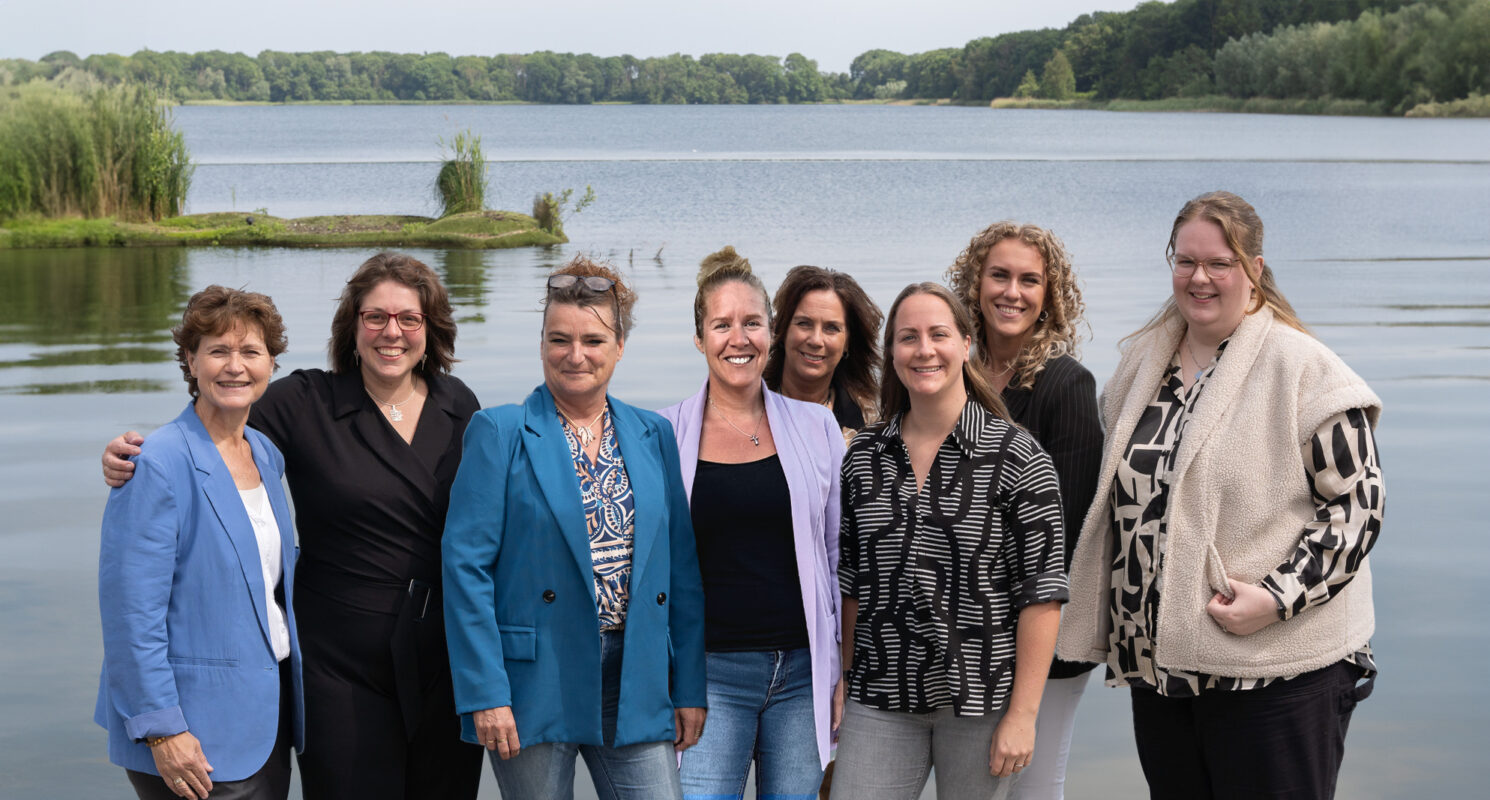You can reach World Water Academy by telephone: +31 030 606 94 00 or e-mail: info@worldwateracademy.nl.
Weather and Water Management
Learning targets
Climate change means that for everyone working in water management, the ability to anticipate weather patterns in a timely manner is essential. The Netherlands is increasingly facing extreme rainfall over short periods, while at other times there is a water shortage. What knowledge do you need to prevent flooding and drought under these new conditions brought by a changing climate?
The Weather and Water Management course provides you, as a water expert, with insight into the world of weather. If you can accurately interpret weather forecasts, you can use models that incorporate this information to calculate water levels. You will then learn how to apply this information to take preventive measures.
In this course, you will explore how the fields of weather and water management are interconnected through practical case studies. This gives you a solid foundation for water level management that addresses water quantity issues—critical for dealing with the effects of climate change.
The following topics will be covered:
Daily Management
- use of meteorological data in practice
- meteorological aspects of the water cycle
- management of different types of water systems
- step-by-step plan for implementing weather-driven management
- climate Impact Atlas
Flooding
- flood analysis
- flood forecasts
- uncertainty, accuracy, and real-time applications
- climate scenarios
Drought
- evaporation
- unsaturated zone and groundwater
- management aspects
- groundwater-driven management
Policy
- availability of meteorological data
- delta Plan
- climate change
- water management scenarios and translation into policy
Safety
- management aspects of extreme weather
- spatial adaptation
- relationship with disaster and emergency response plans
After completing this course, you will have the following knowledge & skills:
- understanding weather and forecasts
- interpreting weather predictions in relation to water level management
- taking preventive measures in a timely manner
- considering meteorological aspects in advice and measures
Program
The Weather and Water Management course is a collaboration between Wateropleidingen, HydroLogic, and Weather Impact. The varied program has been carefully designed for you and consists of 3 days. Theory and practice alternate throughout the course. On the final day, we will go on an excursion to a weather station.
Weather and Water Management
- water systems in the Netherlands
- challenges in water management
- operational management, strategic management, and emergencies
- the need for weather information
- the atmospheric system
- observing and modeling weather
- ensemble forecasts
- operational management and weather forecasting
- weather forecasting practicum
Climate
- what is the climate and how does it work?
- climate change
- organization of climate research
- climate scenarios
- consequences of climate change
- weather information for water management
- practicum: weather information for water management
Developments in Weather and Water Management
- dealing with climate scenarios
- extreme rainfall
- flood warnings
- drought
- flooding
- accessing weather information
- excursion to a weather station or KNMI
Personal input
At World Water Academy, everything revolves around both knowledge and practice. Therefore, we expect each participant to bring their own work experiences to the course. What challenges are you facing? And what experiences can you share so that others can learn from them?
Target group
The Weather and Water Management course is intended for water level managers, water system managers, and control room staff who are collectively responsible for water management in their region.
Learning Together
Our group-based approach creates an enthusiastic learning environment where you can have valuable discussions about both the content and your work situation.
Entry Level
You should have an educational background at the MBO/HBO (vocational or higher education) level.
Feel free to ask us about our products and courses

